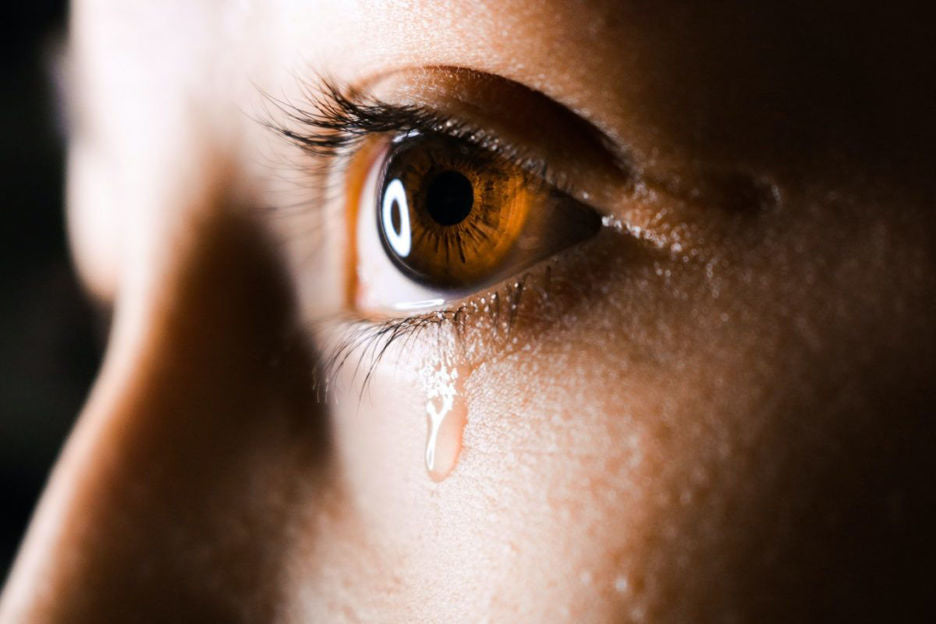Love is a powerful emotion. Couples have abandoned their parents, KINGS have abdicated thrones, emperors have conquered or lost empires for it. Everybody falls in love. And almost everybody has loved and lost.
What is LOVE? Well, that’s a tough question to answer. It means different things to different people. The type of attraction is also relative to varying stages of life.

In youth, love is infatuation, an overwhelming, all-pervasive obsession with another person. Later in life, it becomes a mix of physical attraction and personality match. Still, later, it transforms into a bond of support, understanding and togetherness.
Whatever it may mean to you, when a relationship breaks, it is a painful experience.
One of the most common consultations at HOPE TRUST is people seeking help for the emotional hurt caused by break-ups.
There are three main ways that hearts get broken: abandonment, inconsistency, and rejection.
Abandonment means the person we were attached to leaves, for some reason. It could be that they died or left physically or emotionally. A person can also quit due to a mental illness, addiction or depression. Whatever the cause of loss, there is intense grief. The pain is both physical and emotional. The heart, as they say, is broken.

Inconsistent attachment is a whirlwind-type relationship due to an unpredictable partner. From being close, they are suddenly gone. Even when they are intimately connected, there we’re not likely to be at ease. This type of relationship has little peace of mind because we have in our mind their crazy pattern and are on tenterhooks about when they’ll do the disappearing act once again. Overwhelming anxiety and insecurity are always hovering around, with the threat of love being snatched away.
Rejection feels like an attack. We feel vulnerable to the person we love. They can clamp up, ignore, criticise or judge us, hitting the soft spots in our heart. They know how to hurt us, and they do so cruelly.
Break-ups often cause us to withdraw from others, in a bid to heal our wounded heart. We tend to isolate. This may be useful, but for many, it gets prolonged, and the solution is short-term. They start to believe that they are self-sufficient. It is a defensive lifestyle, their perspective being “I don’t need anybody”. They are caught in a trap of loneliness, wallowing in blaming and SELF-PITY.
Another way some of us cope with heartbreak is to date another person, but keeping the frequency of meetings limited and without commitments in a superficial zone.
Therapists suggest that the way to heal a broken heart is to:
- Believe that it is possible to recover from an awful blow. The break-up will eventually become a distant memory, with new-found love and life situations.
- Share the grief with others – friends and a THERAPIST. This way, the intensity of the blow is likely to lighten.
- Forgiving the person who betrayed us is a challenging but essential part of the recovery person. It takes time but contributes significantly to the healing procedure.
- Admitting to ourselves that we may be responsible to some extent in the demise of the relationship.
- Though the pain may be intense, we should try and remind ourselves that we’re not the first, nor the last to go through this sort of experience. Almost everyone, from time immemorial, has gone through similar pain – and survived.
- We try and look at the experience as just that. And we thank our ex for it. After all, it is such incidents that add up and make us when we ultimately mature as well-rounded adults.
- Our SELF-ESTEEM is likely to have been adversely impacted while we were reality-testing with someone who did not see us as we desired. We need to encourage ourselves to dare to want to be close to another once again. Take the risk to get involved with someone in a more meaningful way. Learn to trust ourselves to bounce back – we have the power of resilience.
- Heart-break is a learning lesson. We can gradually get re-involved with someone more consistent with love and caring. We become more discerning to recognise real and continued caring. When we do get into a relationship with someone respectful, trustworthy and capable of weathering the regular storms of mood swings and life changes, we are filled with GRATITUDE.
– Rahul Luther

